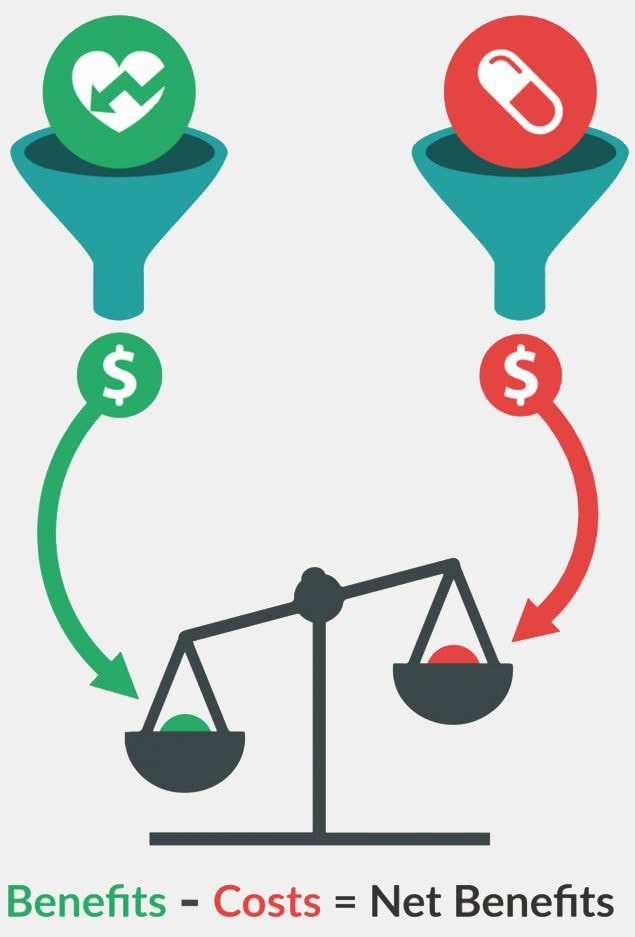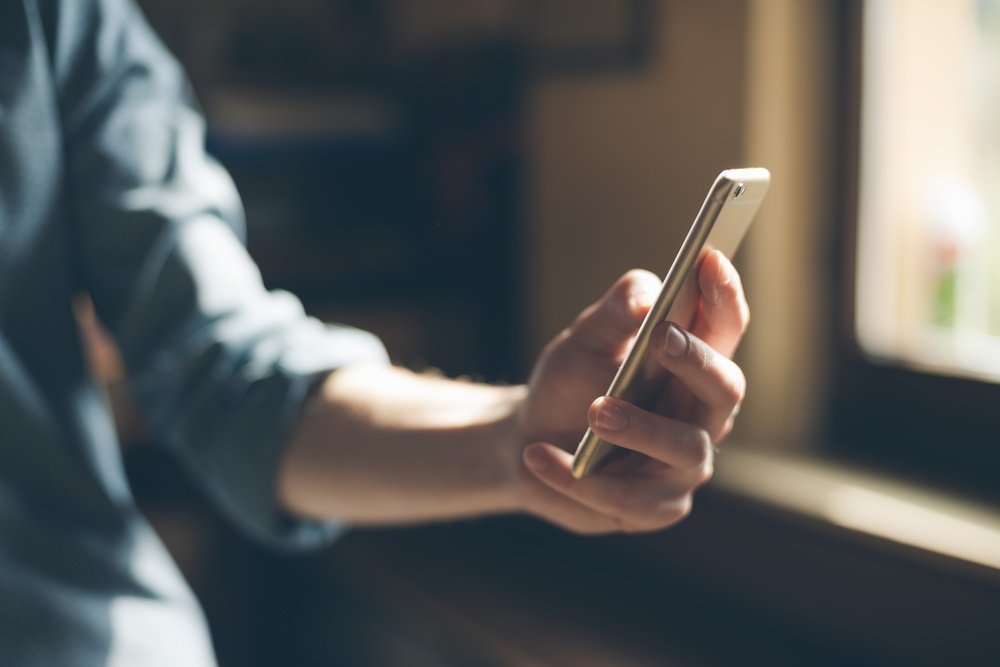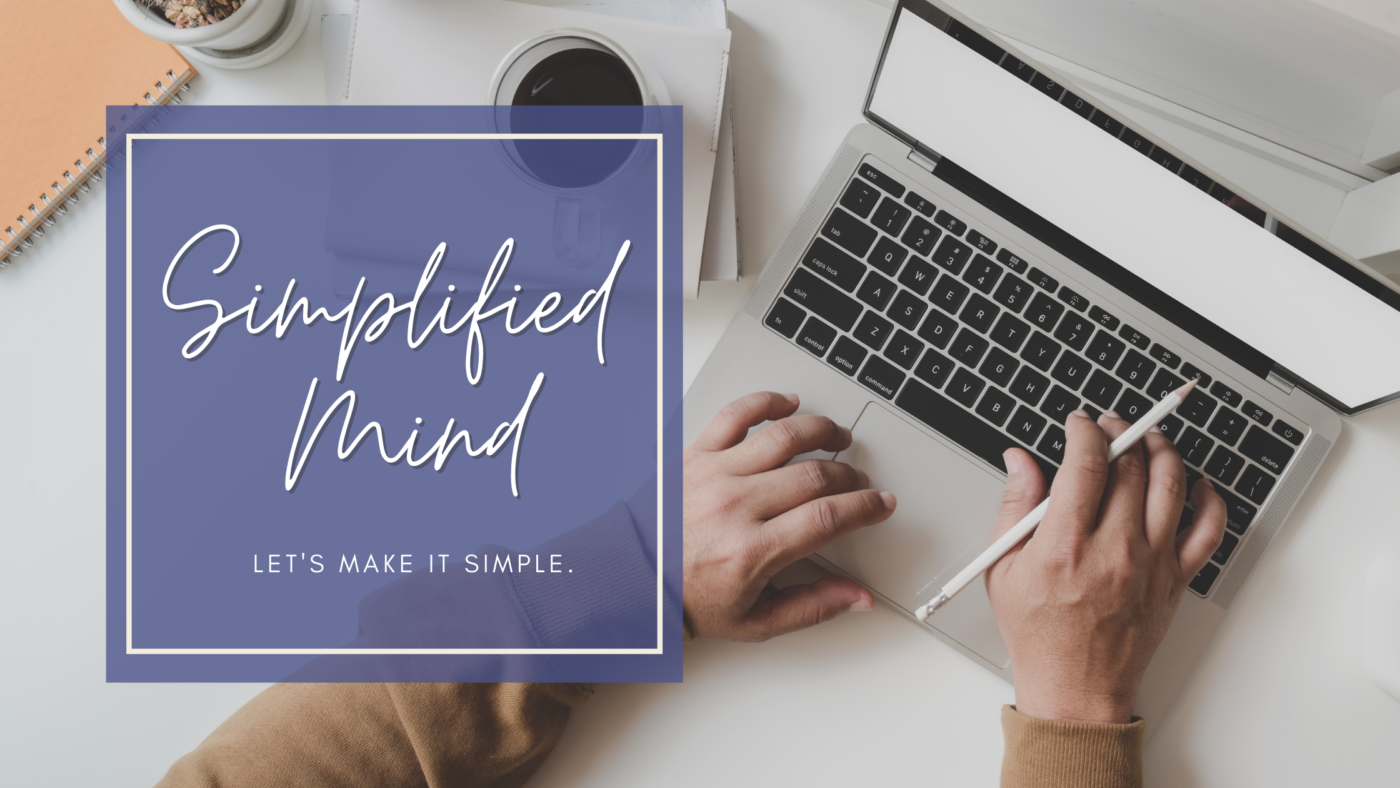I discovered digital minimalism right after Cal Newport published his book about it. It was an interesting read for me since technology is one of my pet-peeve. Technology has been part of our lives and we are becoming much dependent on the glowing screens that we keep in our pockets. Most of the time, these tools become notorious in our life that they can even steal one of our precious resources – time.
Digital Minimalism is a philosophy of technology use in which you focus your online time on a small number of carefully selected and optimized activities that strongly support things you value, and happily miss out on everything else. – Cal Newport
Digital Minimalism: Choosing a Focused Life in a Noisy World – Cal Newport
I have been a tech junky for more than a decade of my life. Mobile phones have been my pet peeve in the past and up to now that our smartphones became our supercomputers tucked away in our pockets. We cannot deny that technology has evolved in a faster-paced than most of us have expected. A lot of things have changed and that includes our behaviors. The way we interact with technology has shaped us to become who we are right now.
Try to observe the person next to you when you take your commute to work. It would either they would be asleep or glued to their glowing screens. I myself used to be one of them. I even used to say that “my blackberry is the extension of my hand.” It is a status symbol that I am a “busy” professional. That I am always on the go and can be productive anytime, anywhere.
Don’t get me wrong, technology has been a great tool, if we will wield it properly. More often than not, our technology ends up using and abusing us, and not the other way around. So this is why digital minimalism has been helpful for me. It kept me mindful about every piece of hardware and software I use for my day-to-day life.
Digital Decluttering
First, we need to identify our current digital needs by having a personal audit of the current tools that we are using. What I did was I tried to list down all my devices and wrote my purpose for using that device. (Attach a photo of my evaluation sheet) Having a clear purpose regarding the technology that we are using helps us to compartmentalize our tools. Technology is a helpful tool, but sometimes, it could be a distraction.
Cost-Benefit Analysis

Objective evaluation of a certain technology can be measured through a cost-benefit analysis. In this manner, we can further assess if the benefits of a certain technology outweigh the cost of owning it. It is asking a question *“is this the best way to use this technology to support this value?”*
Evaluation of our technology allows us to step back and understand if a certain technology is adding value to our lives. It is either useful for us or it is using us.
Here are a few questions that we can ask during evaluating these tools are:
1. Does this technology support the things I value in life?
2. Is it an effective tool or a distraction in my life?
3. Would my life be better without it?
4. Is there anything I can use to replace its function?
You can have a different set of questions as long as you can evaluate a certain technology in your life objectively.
Digital Detox
Cal Newport recommends a 30-day digital detox to further assess a certain technology. Why thirty days, you ask? I think it is sufficient time to form good habits or even break bad ones. Perhaps, thirty days could be enough for an individual to test whether a certain technology is essential in one’s life or not.
During the thirty days, you will be removing the technology that is no longer supporting your values. It could either be social media or apps that are making you miserable instead of helping you. You might find that the first week or two would be difficult but try to resist the twitch as much as possible.
Exchange high-quality activities to your old habits
Habits cannot be eliminated but you can replace them. Instead of pulling your phone and scrolling on social media, think of a higher-quality activity that can do the same thing. For example, instead of like a photo of a friend or family, why not go out of your way to meet them and speak to them in person? We can express ourselves fully when we are truly present. I believe that we can have higher quality conversations rather than exchanging likes on social media.
There could be a lot of higher quality things that we can do if we would look around and stopped looking at our glowing screens. We have lived for years without having those things, and I think humans have evolved into something different. People who are dependent so much on the current technology that we have. Yet, the consequence sometimes is that we tend to lose our human touch. To be actually *present* at the very moment and enjoy them.
Reintroducing your Digital Tools

After the thirty-day experiment of going without the tools that you have evaluated, you can now have them back. That is if you wanted to. More often than not, people who tried going without their phones or social media have actually enjoyed it. Once the reintroduction of technology, we can now make our verdict what will stay and what will go. Or maybe, what we can moderate.
There are a ton of new features that our modern computers have that can help us use our technology in a mindful manner.
Do Not Disturb Mode
This feature has been introduced for ages. It is helpful every time you don’t want to receive any notifications from your phone or computer. It is important because sometimes, notification or email can distract us from getting things done.
Turning Off Your Notifications Manually
Did you know that you can select which apps on your phone can receive notifications? Try this feature if there are apps that are “nice to have” but don’t have to be bothering you with notifications. Sometimes, it is just some ads or promos from that app that we easily dismiss because it is not even helpful for us. Well maybe it is helping us to spend more (if not money) attention in using their apps.
Offload/Delete Apps
Sometimes, it is better to just remove it completely. After I experimented with a digital detox, I literally removed most social media apps on my phone. Simply because I can access them on a computer with a “better” experience. Well, people may vary with what apps they wanna keep on their phones.
If deleting an app may be difficult, iPhones have this feature called “offload apps.” It means that those apps which are not used regularly may be offloaded from the phone’s local memory. It is like temporarily removing an app and just simply keeping cached data so that whenever there is a need to use it, you can just download it again. I find it helpful especially if I want to conserve memory from my phone.
Digital Minimalism is a lifestyle
Our digital lives are a representation of our minds. Whenever there is clutter in our digital space, it also shows that there might be something going on with our minds. I believe that Digital Minimalism is a constant journey, not an end in itself. Similar to minimalism, decluttering could be a constant lifestyle. It is not just a simple activity that needs to be done once and then forget about it.
Nowadays, all of us our either digital consumers or contributors. Once in a while, we need to audit our digital lives to have our minds in check. Whether our current technology use supports our values or not.



